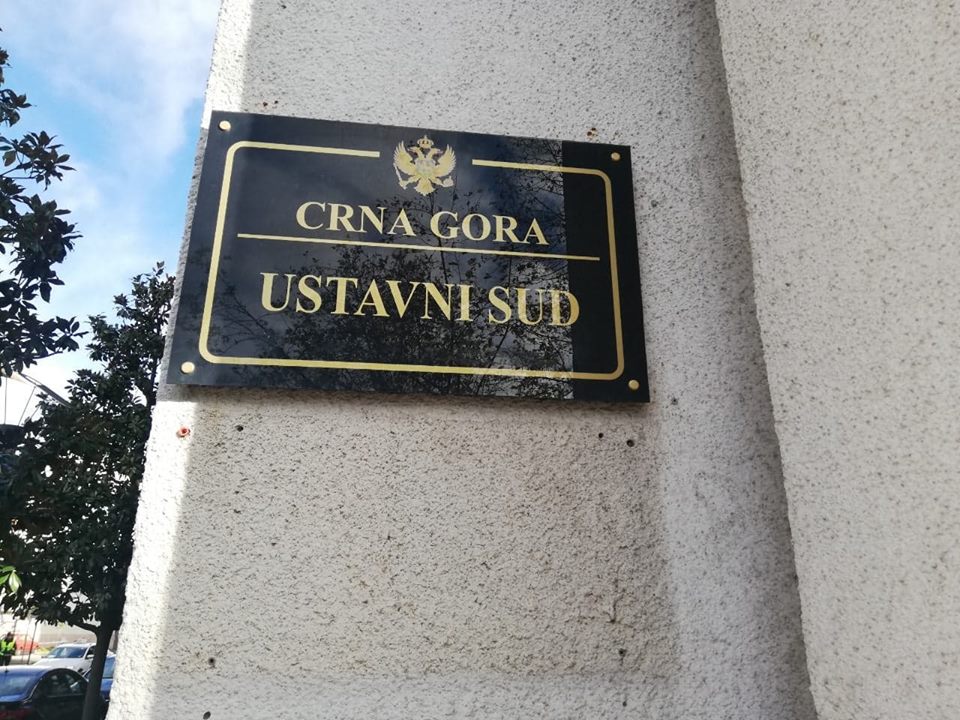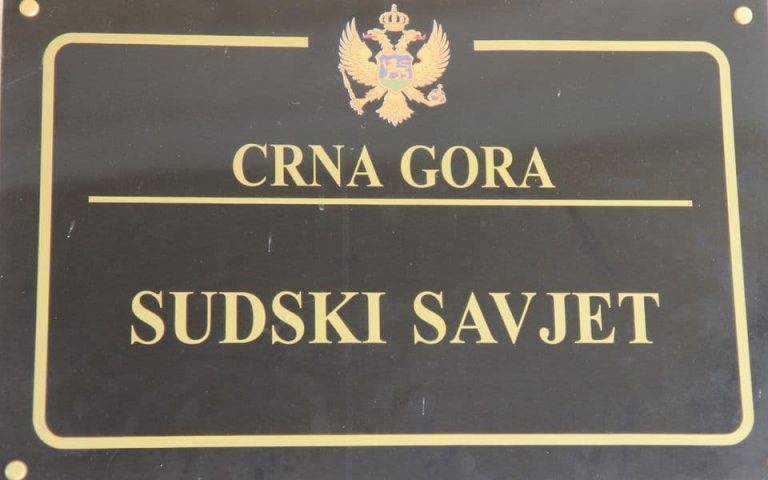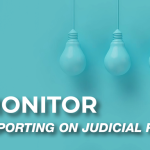
THE CONSTITUTIONAL COURT SHOULD APPLY INTERNATIONAL HUMAN RIGHTS STANDARDS AND STOP THE DISCRIMINATION OF JUDGES AND STATE PROSECUTORS
18/02/2022
STOP THE WAR IN UKRAINE
26/02/2022ELECTION OF THE PRESIDENT OF THE ADMINISTRATIVE COURT: A MEMBER OF THE JUDICIAL COUNCIL IS A CANDIDATE AGAINST THE LAW, INTERVIEWS ARE CONDUCTED WITHOUT THE PRESENCE OF THE PUBLIC

Judging by the information presented on the website of the Judicial Council, one of the 6 candidates who applied for the position of President of the Administrative Court is Dragan Babović. He is a member of the Judicial Council and a judge of the Basic Court in Podgorica, so according to Article 17 of the Law on the Judicial Council and Judges he cannot be elected president of any court as long as he is a member of the Council.
Although it has now decided to accept Judge Babović’s application for the position of President of the Administrative Court, 6 months ago the Judicial Council unanimously rejected his application for the position of judge in the same Court based on the same legal restriction – that a judge cannot be elected to a higher court, or as court president, during his/her term of office in the Council. The Administrative Court of Montenegro had rejected Babović’s lawsuit against the Council’s decision to reject his application, emphasising that the law requires a judge to resign as member of the Council before applying for promotion.
In contrast to what is happening with the Judicial Council, last year two members of the Prosecutorial Council resigned from their membership in the Council before applying at competitions for the head of the Basic State Prosecutor’s Office in Cetinje and for the election of the state prosecutor in the Supreme State Prosecutor’s Office.
Tomorrow’s session of the Judicial Council, where the candidates will be interviewed, has been announced in a timely manner. The work programmes of all the candidates who applied were published as well, as was recommended by HRA, which represents a significant step forward in terms of transparency.
However, the Judicial Council did not allow the HRA representative to attend this session, explaining that there is not enough space in the room where the interviews will be held. We recall that the law guarantees the publicity of the work of the Judicial Council. The Council should view the presence of the public as a necessary guarantee of the legality of its work and a prerequisite for gaining trust, and should accordingly provide adequate space in a timely manner.
Two days ago, the Human Rights Action addressed the Judicial Council in a letter, asking it why it made a decision to accept the candidacy of one of their members before he resigned, and requesting that the Council open tomorrow’s session to the public.






 English
English